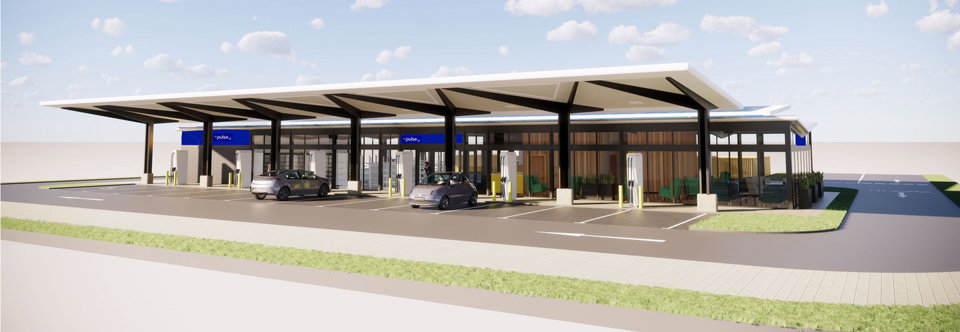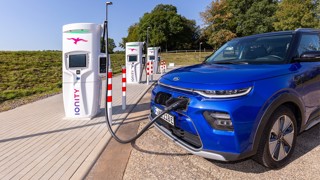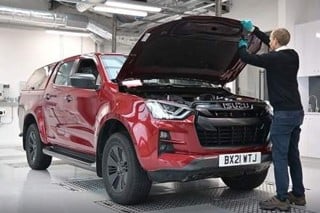‘Crude’ top-line analysis of the UK’s electric vehicle (EV) charging infrastructure is masking the reality of the core issues and pressing priorities, according to Cox Automotive.
Philip Nothard, insight and strategy director at Cox Automotive, joined forces with Tom Callow, head of insight and External Affairs at bp pulse, to highlight the issue of repeatedly citing the UK’s 50,000 charging points at more than 18,000 different locations as a barometer of success.
Callow described rapid charging as “a game changer” - the ability to charge quickly added around 100 miles of range in 30 to 45 minutes.
“Before rapid charging arrived, the fastest you could have gained 100 miles of range would have been around 10 hours. Today, it can be as little as 10 minutes,” he said.
But, speaking in the latest issue of Cox Automotive’s Autofocus supplement, Callow said that offering drivers ‘the right speed for the right need’ should remain the key priority.
He said: “There are 50,000 public charging points in 18,000 locations, that’s before you start counting the UK’s 250,000 or so home and workplace charging points.
“However, too much anxiety about charging infrastructure often seems to focus on whether there are ‘enough’ charging points, instead of considering if we have enough infrastructure by capacity.
“We have data as a starting point to help look at the charging infrastructure that can most effectively deliver the energy motorists will need.”
Earlier this month Vauxhall revealed that its franchised car retailers will begin advising customers on the benefits of offering their home electric vehicle (EV) charging points for use as part of a community charging network.
The brand has partnered with the driveway sharing platform JustPark, which facilitates the rental of home chargers to drivers who need a regular place to charge near to home and work, to help enable the transition to EVs by monetising home charging points.
Cox Automotive said that there is a clear need to ensure that EV drivers and those looking to transition can have confidence in a ubiquitous network of ultra-fast chargers in every city, town and many villages.
Callow said that “for most” a home charger will undoubtedly be the most convenient option.
He added: “Ultra-fast charging won’t be needed everywhere you find a charging point. For a top-up while at the cinema, an ultra-fast charger might finish before the adverts do, so a slower charge would make more sense. But for charging quickly on a long journey, you probably won’t want anything less.
Nothard said: “When the first public charging units were installed, nobody knew how and when the EV market or charging technology would evolve.
“Now we know in order to meet the demand of 2030 and beyond, it is clear that the UK will need a scale-up in public charging across the board and for all types.”


















Login to comment
Comments
No comments have been made yet.